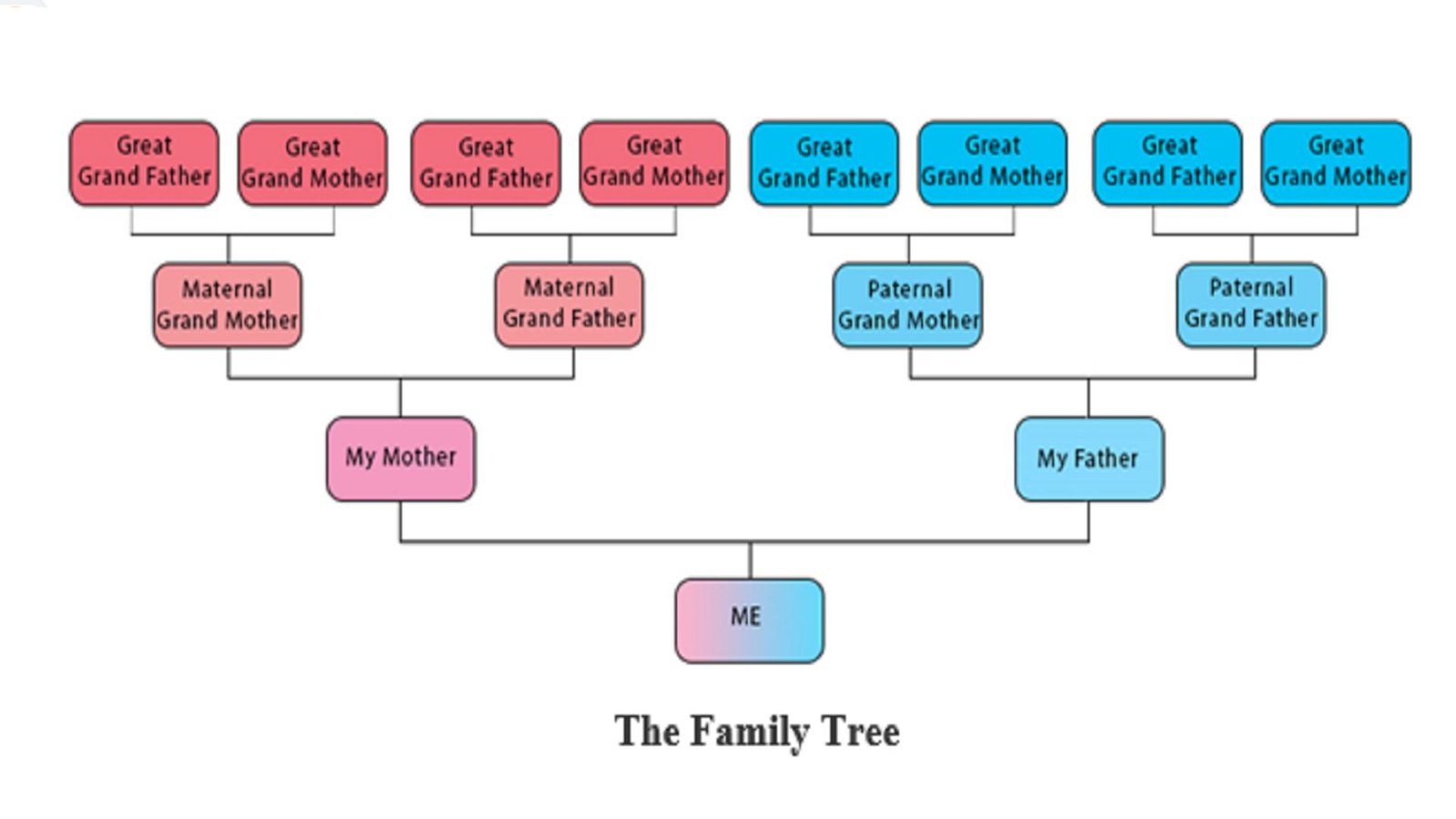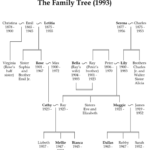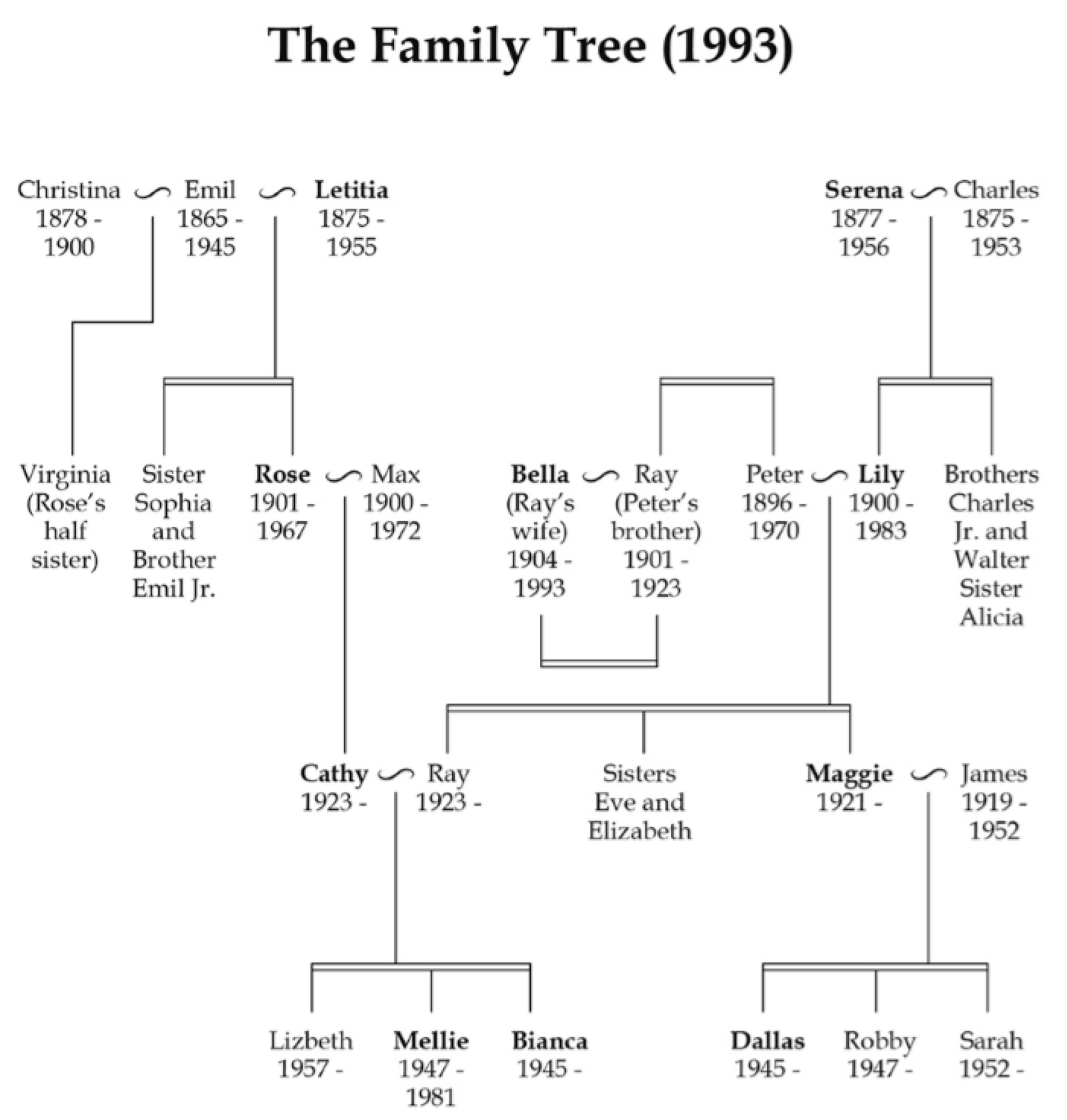Family lineage is a crucial part of your heritage research. By tracing your family’s roots, you can uncover valuable insights about your past. It helps you understand your cultural history, ethnic origins, and personal identity. In this article, we’ll explore how family lineage plays a vital role in shaping your heritage research and why it’s essential to understand your ancestors.

1. Family Lineage Provides a Clear Path to Discovering Your Roots
Starting with your family lineage gives you a clear direction in your heritage research. Knowing who your ancestors are helps you find essential records, such as birth certificates, census data, and family stories. These documents often contain clues that lead you to more information about your family’s past.
For example, tracing your family’s lineage back to a specific location can help you discover records in local archives or online databases. By understanding your lineage, you can create a solid foundation for your heritage research.
2. Your Lineage Connects You to Cultural Traditions
Family lineage research is not just about names and dates. It also connects you to your cultural heritage. Through your ancestors, you can uncover traditions, customs, and rituals that have been passed down through generations. These traditions could include unique ways of celebrating holidays, preparing food, or religious practices.
When you learn about your family’s lineage, you discover the customs that define your heritage. These connections help you understand the importance of maintaining and passing on cultural practices. It’s a beautiful way to keep your family’s history alive.
3. Lineage Uncovers Your Ethnic and Geographic Origins
One of the most significant aspects of researching your family lineage is uncovering your ethnic and geographic origins. By tracing your family’s history, you can learn where your ancestors lived, the ethnic groups they belonged to, and how they migrated over time. This information offers a deeper understanding of your background and helps you connect with your roots.
For example, your lineage could reveal that your ancestors came from a specific region, country, or ethnic group. Knowing this allows you to learn more about the history of that area and how it shaped your ancestors’ lives.
4. Understanding Family Lineage Offers a Historical Perspective
Family lineage research helps you view your family’s history within the broader context of world events. By looking at your ancestors’ lives, you can understand the historical circumstances that shaped their decisions and experiences. Whether it’s migration, war, or other global events, your family’s history is intertwined with history itself.
This historical perspective makes your family story even richer. For instance, if your ancestors lived through significant historical moments, such as revolutions or wars, understanding this context helps you appreciate their strength and resilience.
5. Your Lineage Helps Strengthen Your Sense of Identity
Knowing your family’s lineage can significantly impact your personal identity. It helps you understand who you are by connecting you with the past. By learning about your ancestors, you gain a sense of pride and belonging.
When you trace your family lineage, you can see how your ancestors overcame challenges and shaped your family’s identity. This connection boosts your sense of self and helps you carry forward the legacy of those who came before you.
6. Family Lineage Reveals Health Risks and Genetic Information
Your family’s lineage can also provide valuable information about genetic health risks. By understanding the health history of your ancestors, you can identify potential risks for certain conditions. This knowledge empowers you to take proactive steps to manage your health.
For instance, if your family lineage shows a history of heart disease or diabetes, you can adopt healthier habits or consult with a doctor for further advice. Understanding these health patterns helps you protect yourself and your family’s future.
7. Family Lineage Strengthens Connections with Relatives
Researching your family lineage also helps strengthen connections with living relatives. As you trace your family history, you may discover distant relatives you didn’t know existed. These connections provide an opportunity to share family stories, exchange information, and grow closer to relatives.
Many people who research their family lineage online find that they are able to reconnect with family members. This strengthens the bond between generations and ensures your family history is preserved.
8. Family Lineage Adds Meaning to Heritage Research
The more you learn about your family lineage, the more meaningful your heritage research becomes. Each discovery brings you closer to understanding your place in history. It’s not just about gathering facts; it’s about uncovering the stories of your ancestors and learning from their experiences.
Researching your lineage helps you honor your ancestors and appreciate the journey they took. It’s a process that deepens your connection to your heritage and inspires you to share your family’s history with future generations.
Digital Trends and Accessible Online Experiences
As digital platforms continue to evolve, audiences are seeking engaging experiences that are both accessible and low-risk. One such trend gaining traction is the no deposit bonus us, offering users in the U.S. a way to explore online casinos without upfront spending. These bonuses provide a way to test platforms and enjoy entertainment without financial pressure. It’s another example of how user-friendly models are reshaping online interaction.
Conclusion
Family lineage plays a crucial role in heritage research. It provides direction, uncovers cultural traditions, reveals ethnic origins, and offers historical context. By understanding your family’s lineage, you gain a stronger sense of identity, connect with relatives, and learn about potential health risks. Researching your lineage gives your heritage deeper meaning and strengthens your connection to the past. Whether through official records, family stories, or DNA testing, family lineage is an essential part of your heritage journey.










